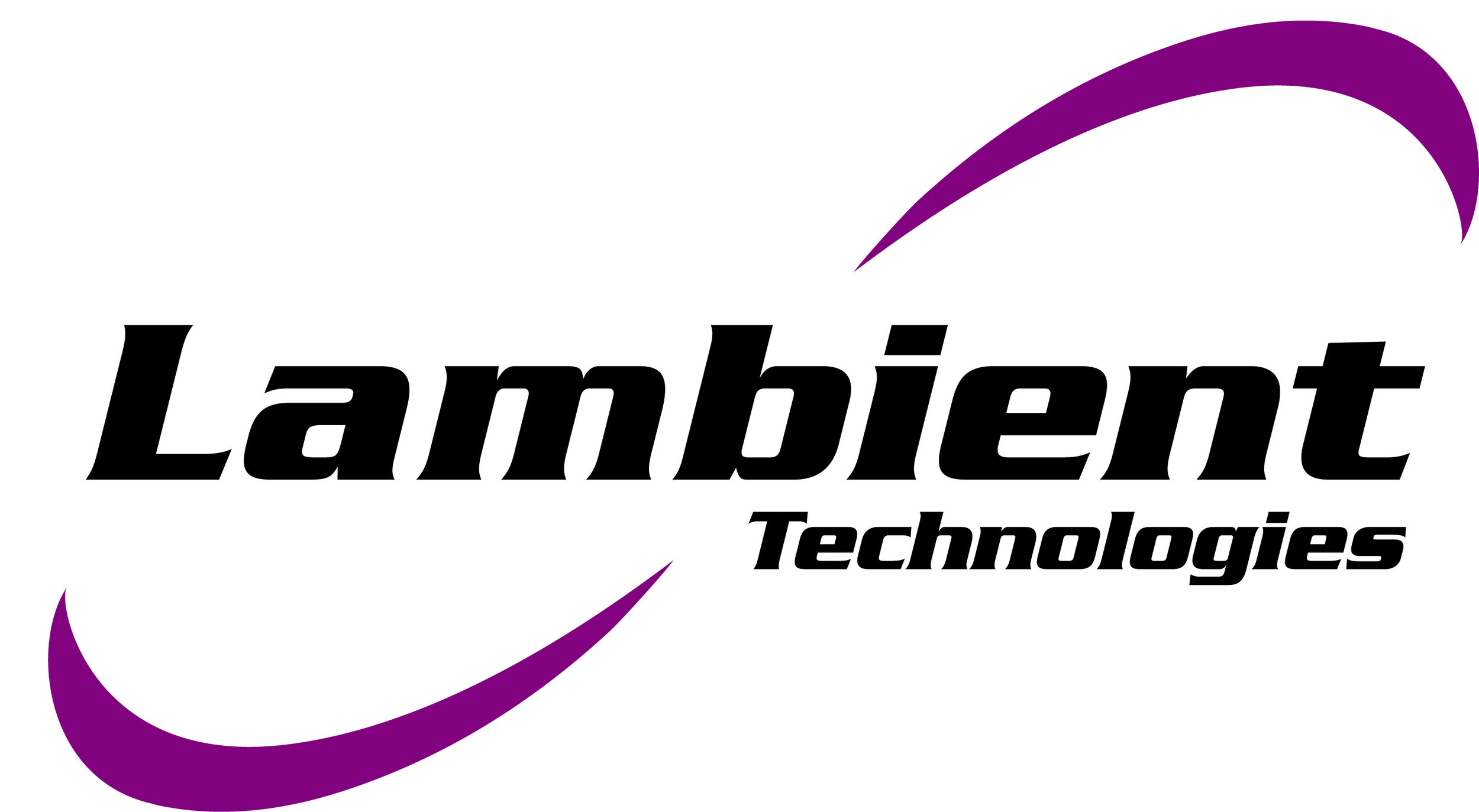Production of modern bath fixtures relies on molded composites.
Manufacturing: improved processes, faster results
Dielectric analysis (DEA) has unique advantages in manufacturing. It is the only thermal analysis technique that can be applied without change to materials in the lab as well as in a press or mold. Manufacturing benefits from the ability to document cure in a way that can be traced directly back to laboratory results.
Only dielectric cure monitoring gives the end user critical, specific details on how a part is curing. Imagine being able to see the cure state of wind turbine blades, automotive or marine parts, aerospace components, or bath fixtures in real time.
With the knowledge they gain from dielectric analysis, users can de-mold parts when they are ready, not before and not after. If users guess and remove parts from molds too soon, the parts won't be rigid enough to handle. If they leave them in the mold longer than necessary, manufacturing throughput and efficiency slow down. In manufacturing, time is money: shouldn't your organization stop guessing about cure state?

